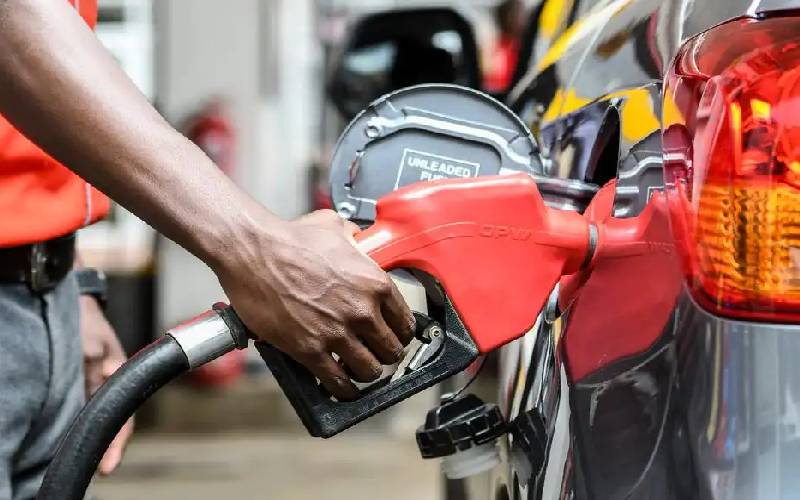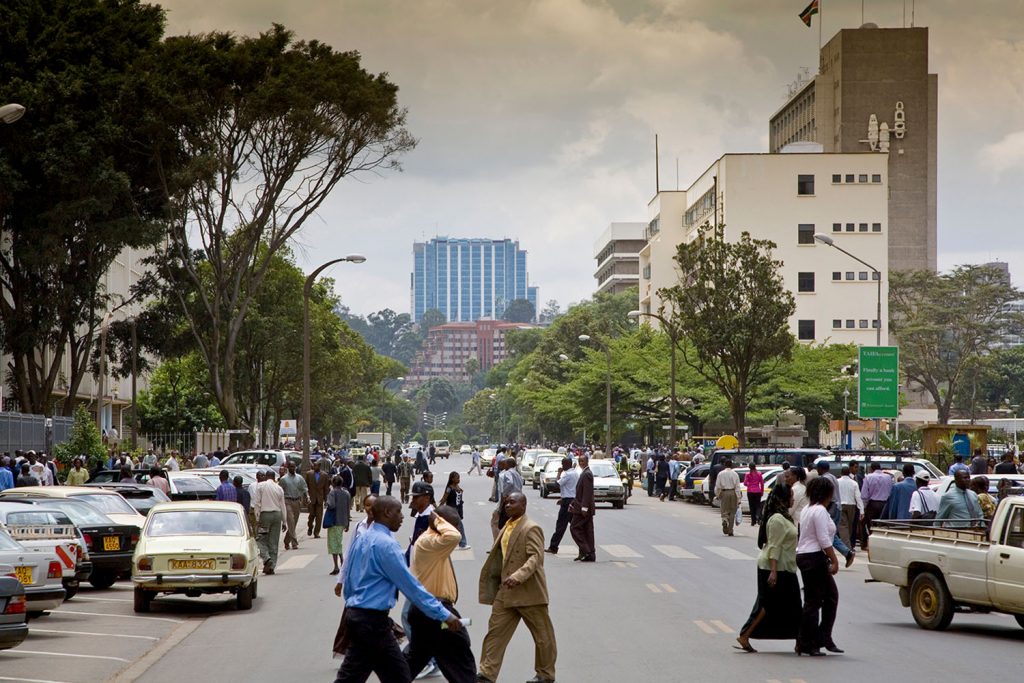BY AGNETA OKWEMBA
Dear Editor
The COVID-19 pandemic has lead to a dramatic loss of human life worldwide and present an unprecedented challenge to public health , food system and the world of work.
The economic and social disruption caused by pandemic is devastating tens of millions of people are at risk of falling into extreme poverty while the number of undernourished people currently estimated at nearly 690 millions could increase at a higher percentage come next year.
Millions of enterprise face an existential threat.
Nearly half of the worlds 3.3billion global workforce are at risk of losing their livelihoods. Informal economy workers are particularly vulnerable because the majority lack social protection and access to productive assets.
Without the means to earn an income during lock-down many are unable to feed themselves and their families for most no income means no food or at best less food and less nutritious food.

The pandemic has been affecting the entire food system and has laid bare it’s fragility. Border closure trade restrictions and confinement measures have been preventing farmers from accessing market including for buying inputs and selling their produce and agricultural workers from harvesting crops thus disrupting domestic and international food supply chains and reducing access to healthy safe and diverse diets.
Low income countries
The pandemic has decimated jobs and placed millions of livelihoods at risk. As breadwinner lose jobs fall I’ll and die the food security and nutrition of millions of women’s and men are under threat with those in low incomes countries particularly the most marginalized population which includes small scale farmers and indigenous people being hardly hit.
Millions of agricultural workers waged and self employed while feeding the word regularly face high level of working poverty malnutrition and poor health and suffer from a lack of safety and labor protection as well as other types of abuse.

With low and irregular income and lack of social support many of them are spurred to continues working often in unsafe condition thus exposing themselves and their families to additional risks.
Further when experiencing income losses they may resort to negative coping strategies such as distress sales of assets predatory loans or child labor. Migrants agricultural workers vulnerable because they face risk transport working and living conditions and struggle to access support measure put in place by government
Guaranteeing the safety and health of all agricultural food workers from primary producers to those involved in food processing transport and retail including street food vendors as well as better income and protection will be critical bro saving lives and protecting public health people livelihoods and food security.
In the COVID-19 crisis food security public health and employment and labor issues in particular worker health and safety converge. Adhering to workplace safety and health practices and ensuring access to decent work and the protection of labor rights in all industries will be crucial in addressing the dimensions of the crisis . Countries dealing with existing humanitarian crises or emergency are particularly exposed to the effects of COVID-19.
Food security
Responding swiftly to the pandemic while ensuring that humanitarian and recovery assistance reaches those most in need is critical. We must rethink the future of our environment and tackle climate change and environment degradation with ambition and urgency. Only then can we protects the health livelihoods food security and nutrition of all people and ensure that our new normal is better one. All ways should be put in place to ensure normal life is brought about.
BY MAASAI MARA UNIVERSITY STUDENT
Yours sincerely
AGNETA OKWEMBA

